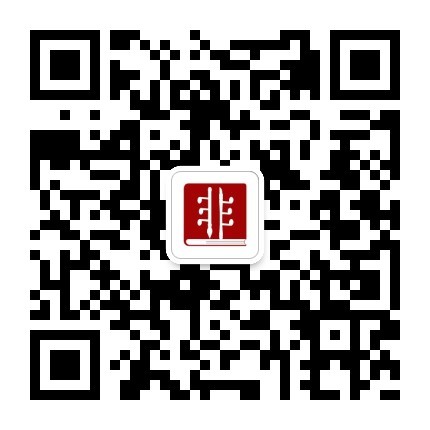【美洲·古巴】蓬多 Punto(2017年)
2022-04-02 13:42
Punto(蓬多)是古巴农民的诗歌和音乐,由一首曲子或旋律组成,在这首曲子或旋律上,一个人唱一首即兴创作或学习的诗节,有十个八米长的诗行,带有押韵。Punto(蓬多)有两种主要变体:Punto libre,一种自由韵律的曲调;还有punto fijo,可以是键或交叉键。纵观历史,这种元素通常在农村使用,尽管现在在其他人口中存在变体。Punto是向所有人开放的古巴非物质文化遗产的一个重要组成部分,它促进对话,表达有关社区的感情、知识和价值观。与实践有关的知识和技术代代相传,其中一个关键的传播方法是模仿。在全国各地的文化之家也组织了一个教学项目,包括由该元素的持有者和实践者教授的讲习班。全国各地都组织了旨在保护和振兴Punto的研讨会、讲习班、竞赛、节日和活动,现在已将一个职业类别分配给了从业者和持有者的工作,使其成为许多人的一种生活方式。
2017年度列入人类非物质文化遗产名录。
来源:联合国教科文组织亚太地区非物质文化遗产国际培训中心
Punto is the poetry and music of Cuban farmers, consisting of a tune or melody over which a person sings an improvised or learned stanza of ten octameter verse lines, with a rhyming scheme. There are two main variants of Punto: punto libre, a tune of free metre; and punto fijo, which can be in key or crossed. Throughout history, the element has typically been practised in the countryside, though variants now exist throughout the rest of the population. Punto is an essential element of Cuban intangible cultural heritage open to all, which promotes dialogue and expresses the feelings, knowledge and values of the communities concerned. Knowledge and techniques related to the practice are transmitted from one generation to the next, with one key method of transmission being based on imitation. A teaching programme is also organized in Houses of Culture across the country, involving workshops taught by bearers and practitioners of the element. Seminars, workshops, contests, festivals and events aimed at safeguarding and revitalizing Punto are organized throughout the country and an occupational category has now been assigned to the work of the practitioners and bearers, turning this into a way of living for many.
Included in the list of human intangible cultural heritage in 2017.
Source: UNESCO International Training Center for intangible cultural heritage in the Asia Pacific Region

